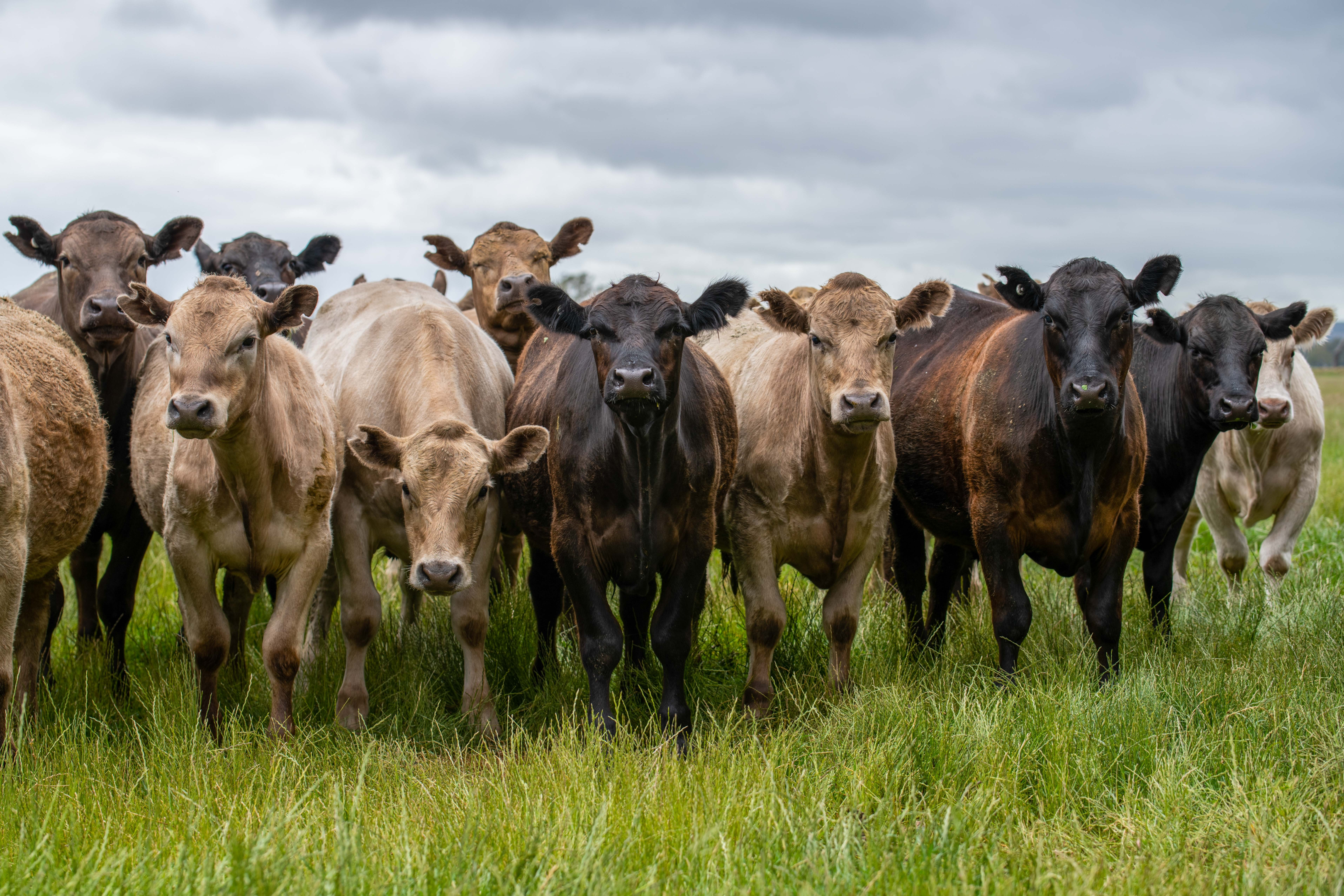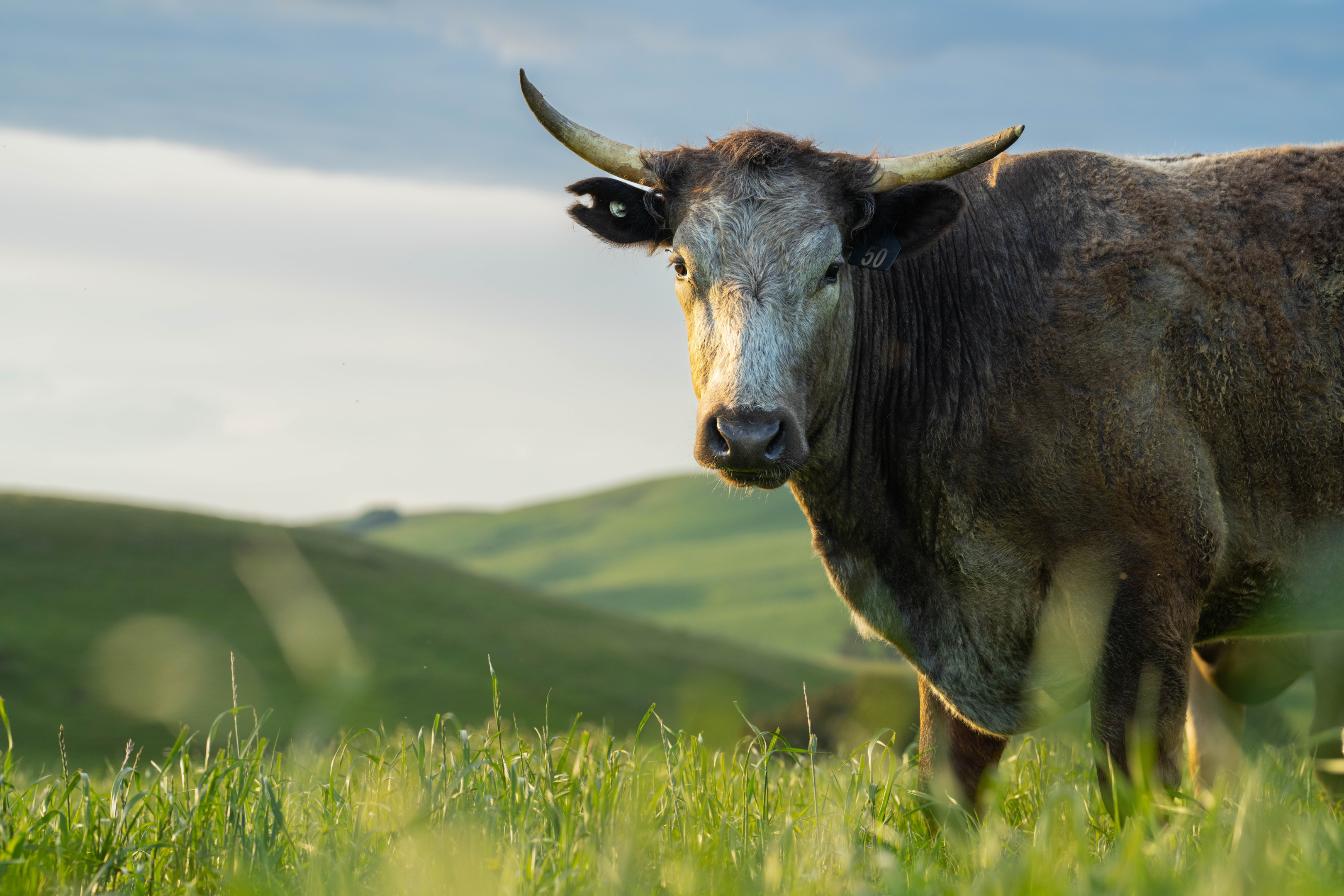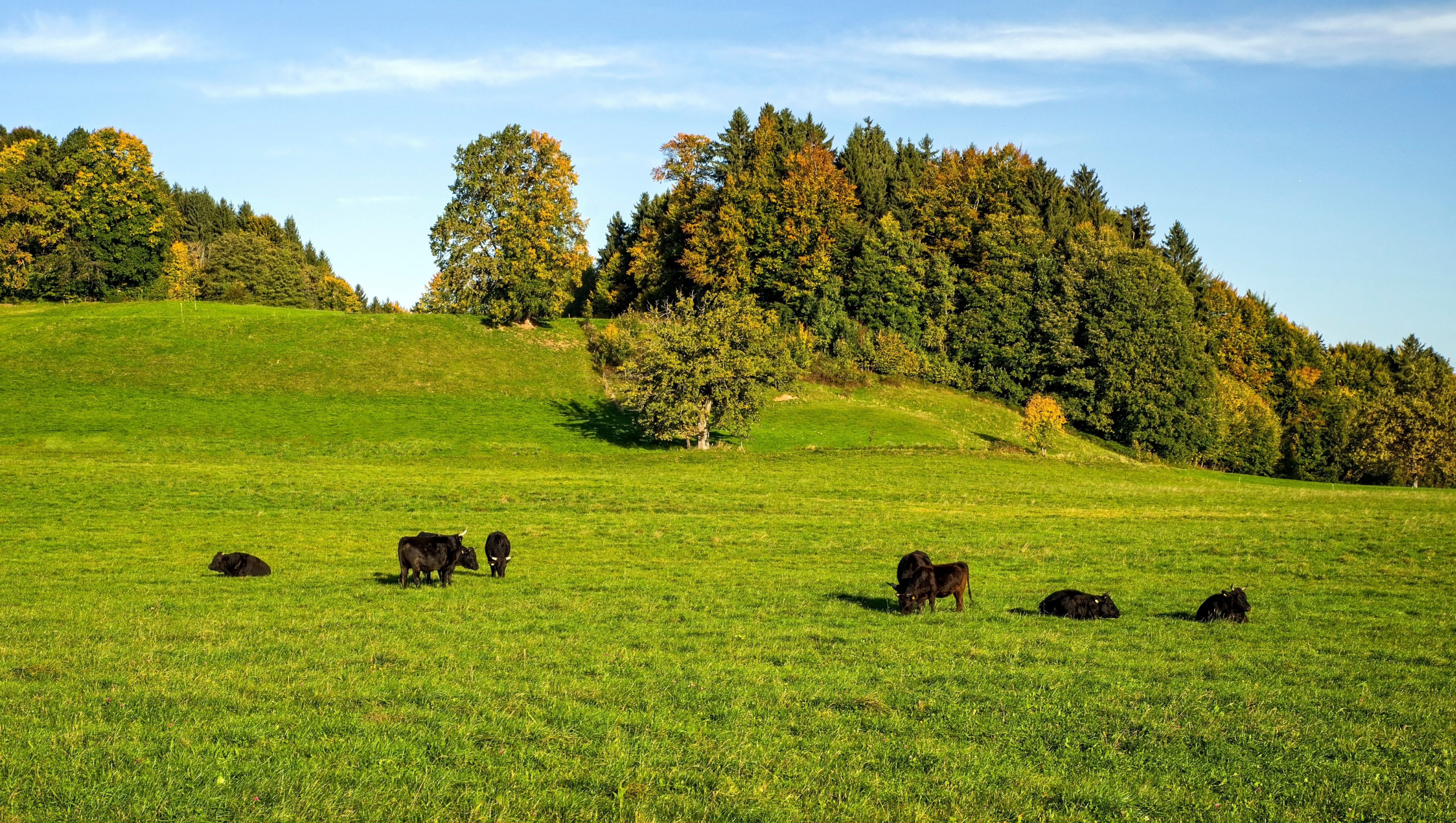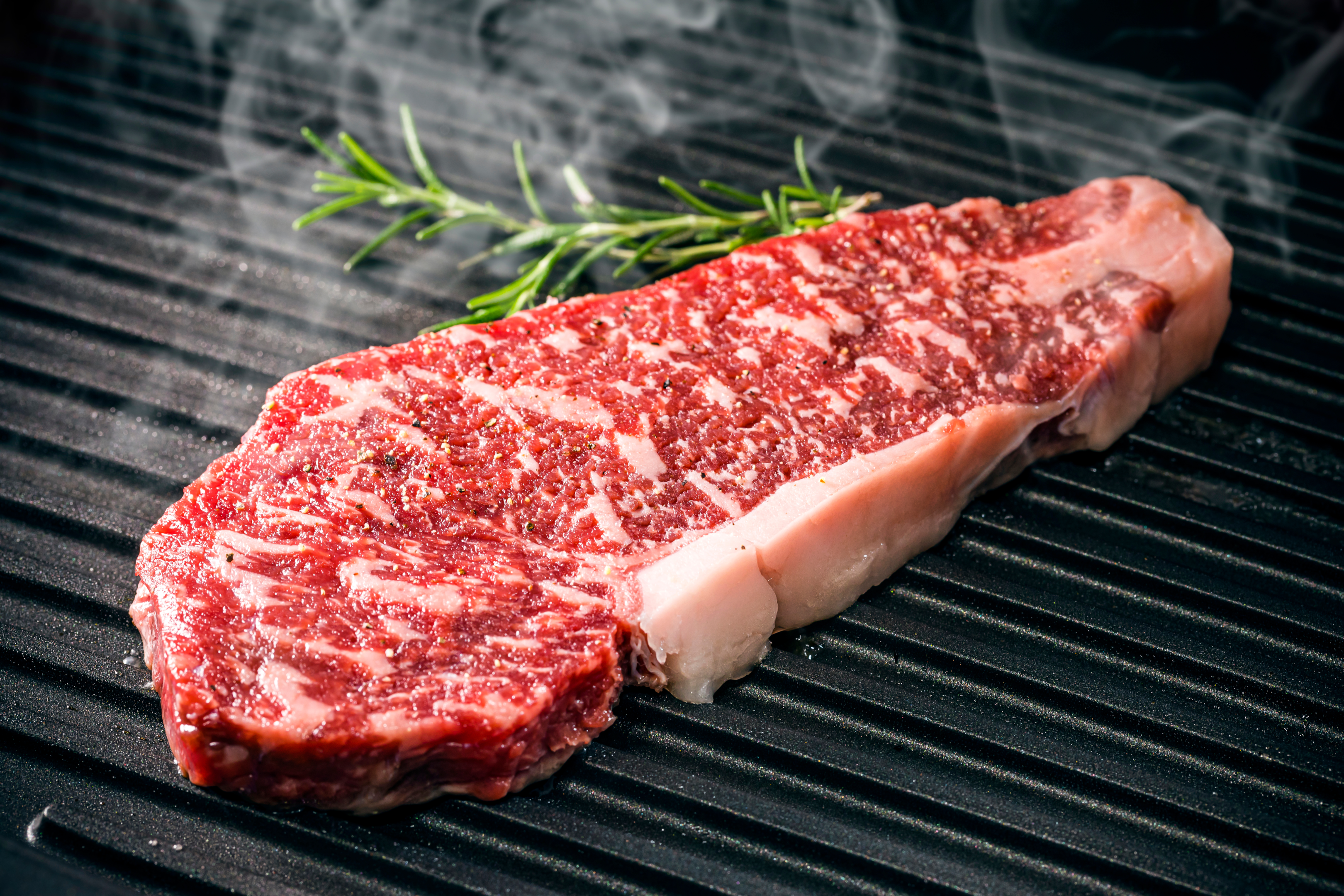Wagyu Cow Price: Understanding the Cost of this High-Quality Beef
WAGYU COW PRICE: UNDERSTANDING THE COST OF THIS HIGH-QUALITY BEEF
Wagyu beef, known for its rich marbling, buttery taste, and melt-in-your-mouth texture, has been capturing the hearts and palates of meat enthusiasts around the world. But what drives up the price of this luxurious meat? In this in-depth guide, we'll dive into the factors that contribute to the cost of wagyu beef, shedding light on the world of high-quality beef.
The Origins of Wagyu: A Story of Japanese Cattle Breeds

Wagyu is not just a single breed of cattle but rather refers to four main breeds native to Japan: Japanese Black, Japanese Brown, Japanese Shorthorn, and Japanese Polled. These breeds have been selectively bred for their unique characteristics and their ability to produce highly marbled meat. The Japanese government has even established strict regulations to maintain the authenticity of wagyu, ensuring that the term "wagyu" only refers to these specific breeds.
Kobe Beef: The Most Famous Wagyu
Kobe beef, one of the most renowned and sought-after types of wagyu, comes from the Hyogo Prefecture in Japan. It is produced exclusively from Japanese Black cattle, which are raised under strict guidelines to ensure the highest quality. Kobe beef is known for its exquisite marbling, tender texture, and rich, buttery flavor.
Olive Wagyu: A Rare and Luxurious Delicacy
Olive wagyu, another type of Japanese wagyu, is considered the rarest steak in the world. Produced in the Kagawa Prefecture, it is known for its unique, creamy taste and silky texture. The cattle are fed a special diet that includes the byproducts of olive oil production, giving the meat its distinctive characteristics.
Why Wagyu Beef is Expensive: Understanding the Production Process

Selective Breeding and Specialized Rearing
Wagyu cattle are the result of generations of selective breeding, which are the main factors in their exceptional marbling and overall meat quality. Farmers in Japan take great care in rearing wagyu cows, ensuring that they receive a carefully balanced diet and ample living space. This meticulous attention to detail contributes to the high price of authentic Wagyu.
The Fattening Process: Marbling Matters
The marbling in wagyu beef is the result of intramuscular fat cells distributed throughout the muscle fibers. The fattening process, which lasts for about 600 to 900 days, plays a critical role in the development of this marbling. Wagyu cattle are fed a high-energy concentrate, consisting of a mix of grains and other ingredients, which promotes the growth of intramuscular fat cells.
During this process, farmers closely monitor the cows' physical endurance and overall health, ensuring that they are not overfed. This careful management helps to create the perfect balance of meat and fat, resulting in the buttery texture and rich flavor that wagyu is known for.
Age and Sex of the Animal: How It Affects the Wagyu Cow Price
The age and sex of a wagyu cow play significant roles in determining the quality and, ultimately, the price of the beef. Younger animals, particularly virgin female cows (heifers) and castrated bulls (steers), are preferred in wagyu production due to their potential for developing high-quality marbling. As the animals age, their meat tends to become less tender, and the marbling decreases, reducing the overall value of the beef.
Furthermore, breeding cows, such as bulls and non-castrated male cows, are generally not used for wagyu meat production, as they are more valuable for their role in maintaining and expanding the wagyu bloodline. In summary, the age and sex of the animal play crucial roles in the quality of the meat and the price of the wagyu cow, with younger, non-breeding animals typically yielding the most premium beef.
Limited Supply and High Demand
The rarity of wagyu beef also contributes to its high cost. Due to strict regulations and the specialized rearing process, the supply of japanese beef imports is limited. This scarcity, combined with the growing global demand for high-quality beef, drives up the price of wagyu.
Wagyu Beef Around the World: American, Australian, and More

While Japan is the birthplace of wagyu, other countries, such as the United States and Australia, have also started producing their own versions of wagyu-style beef. American wagyu beef, for example, is often a cross between Japanese wagyu and Angus beef, resulting in a meat that has some of the desirable traits of wagyu, but at a lower price point. Similarly, Australian wagyu is produced by crossing Japanese cow with breeds like Black Angus, creating a unique product that has gained international recognition.
While these international variants may not be as expensive as authentic Japanese wagyu, they still command higher prices than regular beef due to their improved marbling and taste profile.
Comparing Wagyu with Other Premium Beef Options
Angus Cattle: A Popular Choice for High-Quality Beef
Angus originating from Scotland, are known for their consistent marbling and tender meat. While Angus beef does not have the same level of marbling as wagyu, it is still considered a high-quality beef option and is often more affordable than wagyu.
High Marbling vs. High Cost: Is Wagyu Beef Worth It?
The cost of wagyu beef can be daunting, with prices reaching well over $100 per pound for the most expensive cuts. But is it worth the investment? The answer ultimately comes down to personal preference.
Wagyu's intense marbling, buttery flavor, and tender texture make it an unparalleled dining experience. For those who value these qualities and are willing to pay the premium price, wagyu is undoubtedly worth it. However, for those who are more budget-conscious, other high-quality beef options like Angus may offer a more suitable alternative.
How Much Meat Can You Expect from a Wagyu Cow?
The amount of meat obtained from a wagyu cow depends on various factors, such as the cow's size, breed, and the specific cuts being processed. On average, you can expect to yield around 400 to 450 pounds of meat from a single wagyu cow, with the remaining weight attributed to bones, fat, and other inedible parts.
The Wagyu Dining Experience: From Steaks to Burgers

Wagyu beef is versatile and can be enjoyed in various forms, from luxurious steaks to mouthwatering burgers. When cooked, the marbled fat melts, infusing the meat with its rich, buttery taste and providing a uniquely soft and juicy texture.
Wagyu Steak: The Classic Experience
Wagyu steaks are often the go-to choice for those looking to savor the exquisite taste of this premium beef. Whether you opt for a sirloin, ribeye, or filet, a wagyu steak is a culinary experience like no other.
Burgers: A More Casual Approach to Wagyu
For a more casual and budget-friendly way to enjoy wagyu beef, look no further than the wagyu burger. Made from ground wagyu meat, these burgers offer the same rich flavor and tenderness as a steak, but at a more accessible price point.
Conclusion: Understanding the Wagyu Cow Price
The high price of wagyu beef can be attributed to its unique genetics, specialized rearing process, and limited supply. While the cost may be steep, those who value the unparalleled flavor, marbling, and tenderness of wagyu will find it to be a worthwhile investment. For others, alternative high-quality beef options, such as Angus or American wagyu, offer a more budget-friendly way to enjoy a premium dining experience.
;)
;)
